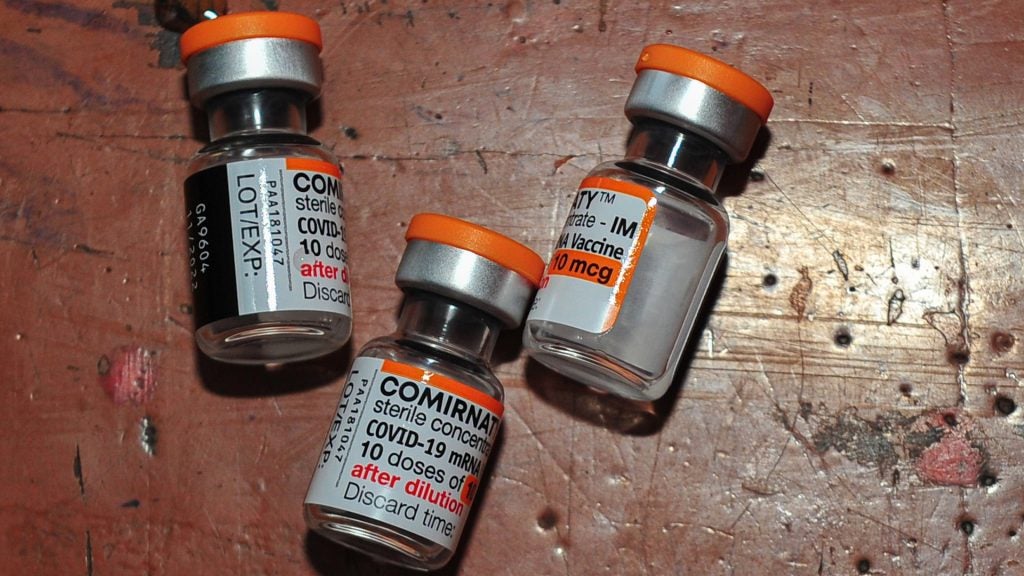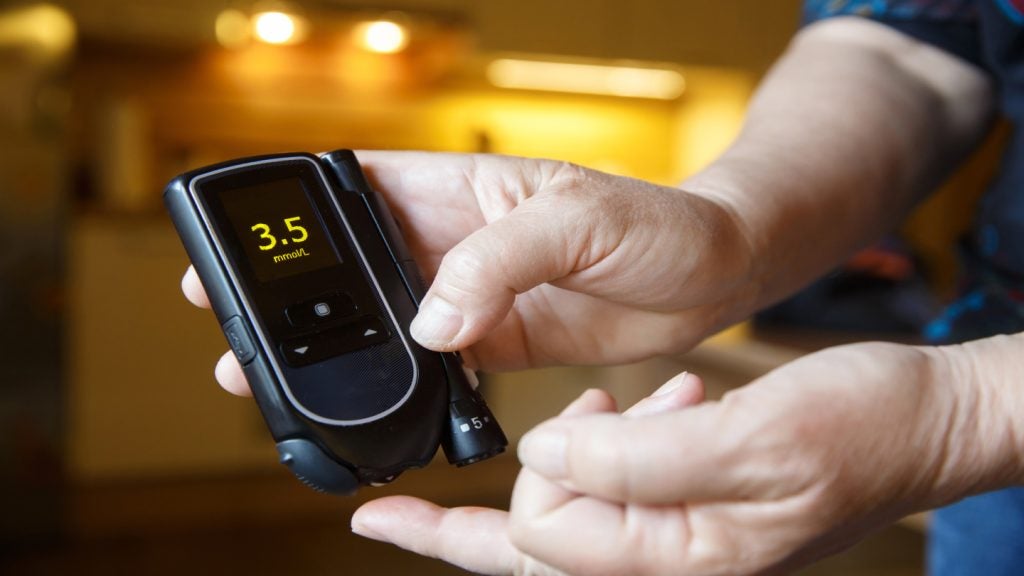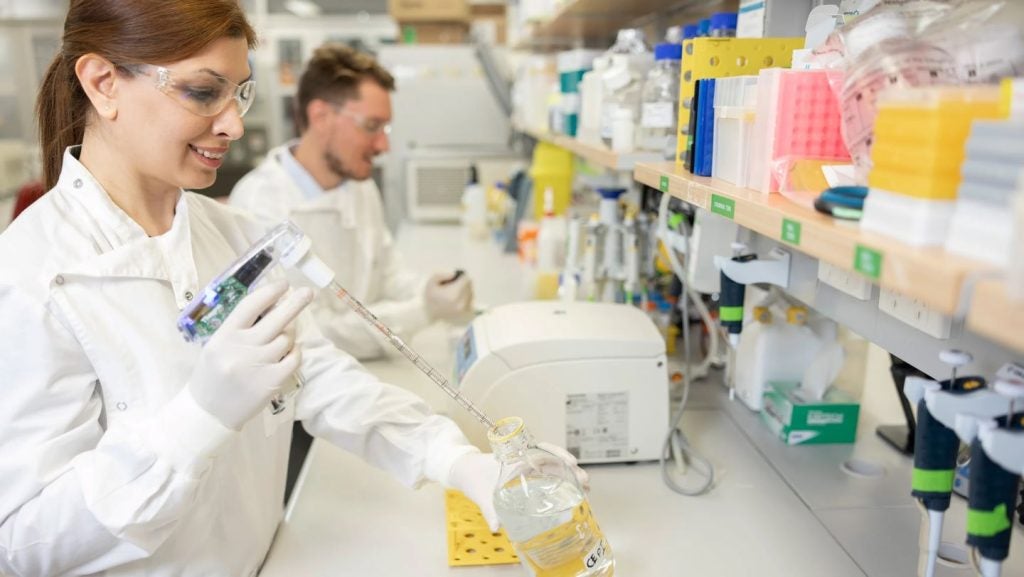Moderna's decision to sue Pfizer and BioNTech in August 2022 has had unintended ramifications after a countersuit led to the invalidation of one of its Covid-19 patents by the European Patent Office (EPO).
The original suit, filed in Germany, alleged that Pfizer and BioNTech’s Covid-19 vaccine Comirnaty had infringed upon Moderna’s patents through its use of mRNA technology, which it had patented in the 2010s.
Pfizer and BioNTech countersued, alleging that Moderna’s patents were overly broad. The EPO’s ruling, published on Tuesday (21 November), upholds this view though it is unlikely to put an end to the battle. A spokesperson for BioNTech said in a statement that "today's [EPO] decision is an important one as we believe that this and others [italics added] of Moderna's patents do not meet the requirements for grant," suggesting the ruling may lead to future suits.
Moderna has said it will challenge the decision. According to intellectual property law firm Potter Clarkson, around 60% of appeals made at the EPO in 2020 were successful in full or in part, so the company has a reasonable hope of success. The case will not be cheap, however, and could take several more years before a decision is reached.
What’s at stake?
This lawsuit has been settled relatively quickly in legal terms, but the costs of such action are still astronomical. While it is unknown exactly how much has been spent in this battle, it was revealed earlier this year that tech company Meta paid $67m to WilmerHale in 2022, the same law firm used by Moderna in this case.
Falling revenues from vaccine sales have been one of Pfizer’s main pain points this year as reduced sales have led to an inventory write-off of its vaccine and Covid-19 medication of over $5.5bn.
The coup for Moderna, should they win, would be a payout based on vaccine sales during the pandemic. The company’s original suit did not want the removal of Comirnaty, the vaccine co-developed by BioNTech and Pfizer, but rather damages. Given that sales of the vaccine topped $35bn in 2022 alone, a share of this income would more than pay for any legal costs incurred. It would also have the added benefit of keeping the patent in Moderna’s hands, should they want to defend it later.
Our signals coverage is powered by GlobalData’s Thematic Engine, which tags millions of data items across six alternative datasets — patents, jobs, deals, company filings, social media mentions and news — to themes, sectors and companies. These signals enhance our predictive capabilities, helping us to identify the most disruptive threats across each of the sectors we cover and the companies best placed to succeed.
















